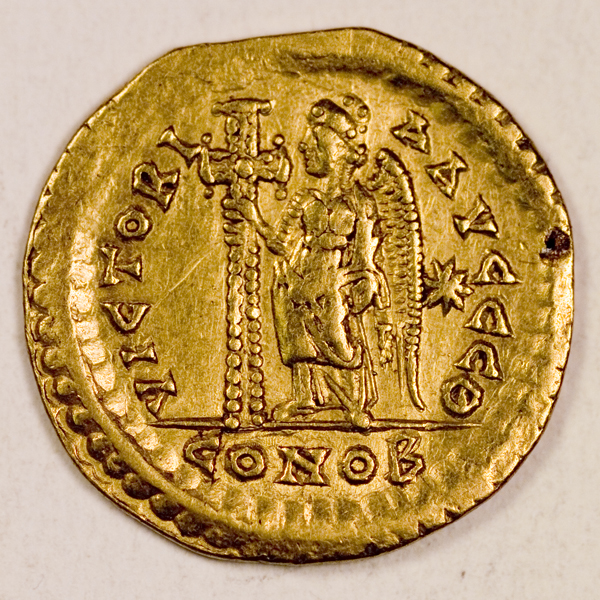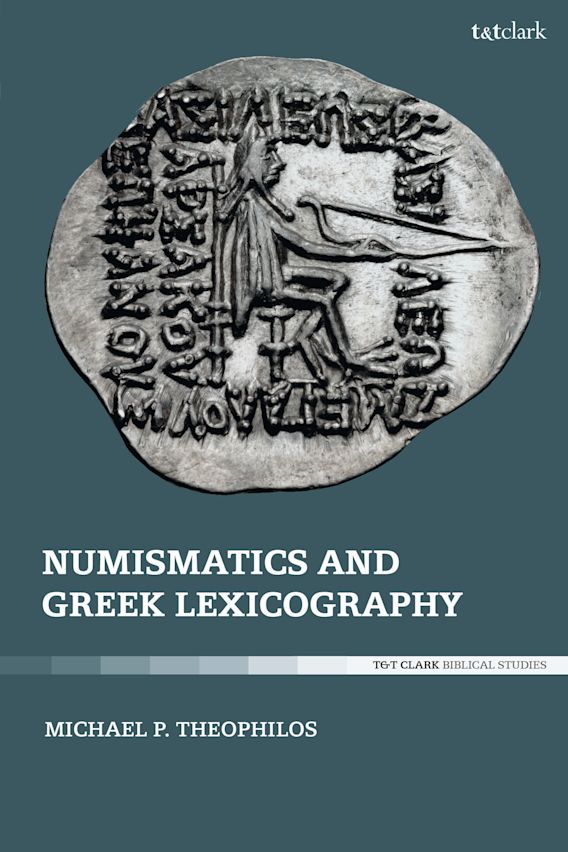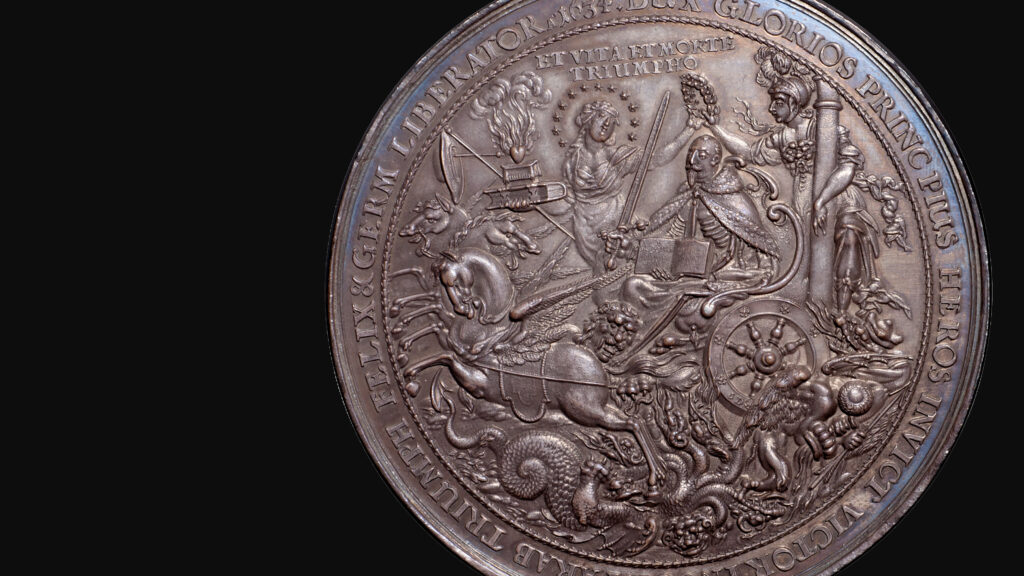Recommended Suggestions On Picking Banknote Expo And Zloty
Wiki Article
How Do I Utilize Databases To Study Numismatics In Relation To Central Banks?
The use of a central bank's database for numismatic analysis requires several key considerations and steps required to effectively to gather and analyze information.
Database Selection: Choose databases that are specialized in financial data and numismatics like those that are offered by numismatic or academic libraries groups. Numista is a good example, as are the databases of the World Bank or academic journals repositories such as JSTOR.
Search Strategy: Determine your research goals. Are you interested the historical coin issuances of a certain central bank, the economic policies reflected on coin designs, or the economic impact of numismatics decisions? You can tailor your search terms to suit by including keywords like "central bank coins,"" "numismatics," and specific names for central banks.
Data collection: Make use of the advanced search functionality offered by the database to find relevant information including reports, datasets, and data. Historical documents, policy documents and numismatic publications that provide information on coin types as well as minting sites and historical contexts., can be found.
Analysis When the data has been collected and analyzed, it is possible to discover patterns and trends. Compare coinage policies of central banks as well as the development of design motifs and the impact of economic factors on the production of coins. Look for correlations with historic events or economic policy.
Cross-References: Confirm the information you've gathered by cross-referencing the information in various databases. This allows for greater understanding and reduces the chance of relying on biased data.
Documentation: Document your findings with care, including the sources and methodologies used. This is vital for professional or academic purposes and enhances the validity of your study.
Numismatic information, as well the central bank's policies are always changing. Keep up-to-date with the latest research, the most up-to-date catalogues of coins and changes in central bank policy that could affect numismatic trends by checking the database regularly.
These steps can help you harness the power databases have to conduct extensive research and gain valuable insights into the world of numismatics. This technique permits a thorough exploration of the past aspects of circulation and production of coins and also the economic effects of numismatic decisions. Read the most popular more helpful hints for site tips including historical currency, coin show, banknote society, copyright detection, coin production, banknote marketplace, coin mintmark, banknote news, rare coins, currency history and more.
How Can I Find Out More About Numismatics In Connection To Refineries With An Online Database?
This type of research requires databases that offer information about numismatics and refineries. These databases comprise those that cover the refining of precious metals, the minting process and technical and historical aspects. Here's a step-by-step approach to conducting this research:Database selection: Choose databases that are focused on refinement of precious metals, minting processes, and the numismatics. For instance, databases offered by major refineries like Johnson Matthey, Heraeus, or mints of the government, such as the United States Mint or the Royal Canadian Mint.
Define Research Focus: Specify your research objectives. You might be interested in the development of history and operation of specific refineries with technological advancements in refining, in the production or coins and bullion of precious metals in the quality standards and in certifications. Find your area of focus to direct your search.
Search Strategy: Use keywords to locate refineries, such as "precious metallics refineries" as well as other terms like "minting procedures", "bullion" or geographical regions. If appropriate Include the names of refineries, historical periods, or geographical areas. Advanced search is a way to narrow the results by the date and type of document (such technical reports, production statistics or refining methods).
Data collection: Access information regarding refineries and their history including the date they were established and the kind of precious metals they process (gold or silver, as an instance) as well as any previous advancements or innovations.
Analyze: Analyze the refineries' role in numismatics. Learn how refineries can contribute to standardization by supplying precious metals, assuring that minting quality is controlled, and providing precious metals for the manufacture of bullion and coins. Review the techniques and methods employed by various mints or refineries.
Cross-Referencing - Verify your results by cross-referencing the information in multiple databases. This lets you do a thorough research and to get the complete picture of refineries’ contributions to numismatics.
Documentation. Record your findings in a systematic manner by citing the sources you used and listing the methods that you've employed. Keep track of the details like the databases you've used, your search terms, and the relevance of these to your research questions.
Standards and techniques for refining are always evolving. Keep up to date by reading industry publications, refinery and mint reports to stay up-to-date with the latest advancements in refining technology and their impact on the numismatics industry.
By following these steps, you will be able to allow you to gain a thorough understanding of the numismatics of refineries. This method allows for a an in-depth study of the latest advancements in technology, quality assurance measures, and contributions to history made by refineries in the production of coins and bullion all over the world. Have a look at the top breaking news for coin show for more examples including coin production, coin value, currency history, proof coins, german coins, rand, coin rarity, coin mold, coin news, bullion and more.

What Can I Do With Databases To Study Numismatics Regarding Legal Experts?
For conducting such research, follow this step-by-step guide: Database Selection Make sure you select databases that are specialized in legal research as well as coinage and currency laws and legal precedents for cases involving numismatics, as well as research papers on legal aspects. Here's a systematic approach for conducting such a research: Choose databases that are specialized in research on legal issues. These include databases that concentrate on the law of numismatics, court decisions related to numismatics and academic papers on the legal aspects numismatics. These are legal research platforms like Westlaw or LexisNexis and numismatic law journals and publications of the numismatic societies.
Define Research Focus: Specify your research objectives. Do you want to know more about the legal frameworks that govern coinage, currencies, and numismatic disputes? Are you looking for rules on the production of coins circulation, circulation, or legal interpretations of authenticity and ownership of numismatics? Clarify your focus to guide your search.
Search Strategy: Use keywords such as "numismatic law," or "legal aspects coinage," or "numismatic conflicts," and add specific legal concepts such as ownership, authenticity, and counterfeiting, if appropriate. Utilize advanced search options to filter results based on date, location (national or international) and other legal issues pertinent to numismatics.
Data collection: Search for legal precedents, court decisions, legislative texts, and articles pertaining to numismatic laws. Data collection: Collect information like legal analyses, case summaries and interpretations of laws relevant to the issue as well as historical perspectives, on legal issues relating to numismatics.
Analyze and analyze the data to determine the legal issues and implications of the numismatics. Discover how legal frameworks can affect numismatic trading collections management, collection processes as well as authentication processes, and the international trade of numismatic goods. Compare and contrast the legal interpretations in different jurisdictions and historical periods.
Cross-Referencing. Verify that your information is accurate by referencing it in multiple databases. This includes legal journals, court documents, and academic articles. This will ensure the accuracy of your research and complete, giving you complete information about the legal framework in the field of numismatics.
Documentation: Documentation must be systematic, with references to sources and the methods used. Note the database's names, search terms and relevance of each resource to the research questions.
Keep Up to Date: Numismatic laws and interpretations of law are always changing in response to legal changes, court decisions and other developments. Keep up to date by checking updates in numismatic databases and legal databases, publications and updates from the numismatic society regarding legal developments.
Following these steps, you will be able to effectively make use of databases to research the numismatics of a legal perspective. experts. This method allows a detailed analysis of legal structures and interpretations of scholarly scholars which intersect with the field numismatics. View the top rated currency dealer for website examples including banknote appraisal, coin show, coin planchet, numismatic value, banknote club, banknote, currency authentication, coin certification, banknote holder, coin mintmark and more.
What Can I Do To Use An Online Database For Study Regarding Numismatics And Educational Institutions
Conducting research on numismatics related to educational institutions is a matter of using databases that are focused on research programs, academic programs initiatives, museum collections, and scholarly papers that deal with numismatics. The following is a methodical way to conduct this research: Database selection: Select databases that are specialized in museums and academic institutions. Examples include university catalogues, academic database services (like JSTOR), museum data bases (such as those from numismatic museums) and institutional repositories.
Define Research Focus: Specify your research objectives. You may be looking for numismatic courses provided by universities, academic research projects, collections of numismatics held by museums associated with educational institutions or scholarly publication written by numismatic experts. Clarify your focus in order to focus your research.
Search Strategy: Use words such as "numismatics courses," "academic research in the field of numismatics,"" "university museums that have numismatic collections," and also include particular institutions or geographical regions if applicable. Make use of advanced search options to filter results by date, academic disciplines (history archaeology and classics, for instance)), and types of publications (articles dissertations, articles, museum catalogs).
Data Collection: Get information from educational institutions about the numismatics curriculum or research projects, collections of museum artifacts, and publications by researchers. Collect details like courses syllabi, research abstracts, and course syllabuses. Also, search for museum catalog entries or articles written by faculty or researchers who specialize in numismatics.
Examine information to assess the educational institution's academic and research contribution to the field of numismatics. Evaluation: Assess the range of courses that offer numismatics as well as interdisciplinary approaches to research on numismatics, the importance of museum collections in advancing research in numismatics, and the contributions they make to the numismatic literary.
Cross-Referencing - Verify the accuracy of your study by comparing data from different databases, universities' websites, museum collections and academic papers. This ensures the accuracy of your research and complete, providing you with complete information about the involvement of the educational sector in Numismatics.
Documentation. Record your research findings by recording methods and citing all sources. Keep track of information like the databases you've used, your search terms, and their connection to your research questions.
Numismatic education and research programs continue to develop by introducing new research projects and publications. Stay current by monitoring the latest news from universities' sites, museum announcements and academic journals for the most recent developments in numismatics within educational institutions.
These steps can help you explore databases in relation to educational establishments. This method allows for a thorough examination of the educational possibilities, research contributions, and scholarly projects that define the academic study and appreciation of numismatics within the museum and university settings. Check out the best banknote marketplace for more recommendations including coin die, czech coins, coin holder, banknote storage, currency forum, banknote design, krona, mint condition, coin minting, banknote history and more.

What Can I Do With The Numismatics Database For Networking Opportunities?
In numismatics research to discover networking opportunities, databases and platforms are used that allow connections to be created between collectors. Dealers, scholars, and enthusiasts within the field of numismatics. Here is a structured method to conduct such numismatic research:Databases and Platforms: Pick databases that are focused on networks of numismatics. Examples include numismatic websites forums on the internet, such as CoinTalk on Reddit, r/Coins in Reddit, as well as social media platforms (such Facebook or LinkedIn).
Define Research Focus. Specify the networking objectives. Are you searching for a way to interact with collectors to allow them to impart their knowledge and experience or do they need assistance in purchasing or selling their items and would you like to collaborate with academics on research or take part in exhibitions, conferences, or events with other scholars or researchers? Find out what you're looking for to narrow down your search.
Search Strategy: Use keywords like "numismatic networking," coin collectors forums," numeric social media groups," and specific interests or geographic regions, if applicable. Use search options within the platforms to locate groups as well as events and forums that are relevant.
Data Collection: Gather details about the opportunities for networking within the community of numismatics. Collect information such as description of the group, benefits for membership (such as access to events discussion, resources, and events), future events (like auctions, conventions, exhibitions), and profiles of influential people or organizers.
Analyze your data to identify the most appropriate channels and possibilities to network. Assess the level of engagement within forums and groups as well as the range of participants, (collectors and dealers), the regularity of updates and discussions and the likelihood of professional or scholarly collaborative efforts.
Cross-Reference Information: Check what you find by cross-referencing information from various websites, social media networks professional networks, and websites of numismatic societies. This will help you find comprehensive networking opportunities across different platforms and regions.
Engagement: Actively interact within the networks you choose. Engage in discussion and ask questions. Contribute your knowledge. Establish connections with other dealers, collectors and scholars to broaden your circle and exchange valuable numismatic data.
Documentation - Document your experiences when you network, including the platforms you used, what groups you joined, what occasions you attended, as well as the contacts that were made. Keep track of your networking opportunities as well as the outcomes attained.
Use these guidelines to utilize databases efficiently to research the numismatics of networking opportunities. This will allow you to expand your professional network or personal network in the field of numismatics. It facilitates collaborations as well as knowledge sharing and taking part in events that increase your involvement and understanding of the field. Check out the best zlatemince.cz czech precious metals for site advice including banknote, zloty, mint, uncirculated, obsolete currency, proof, currency, coin collecting, bullion coins, half-dollar and more.
